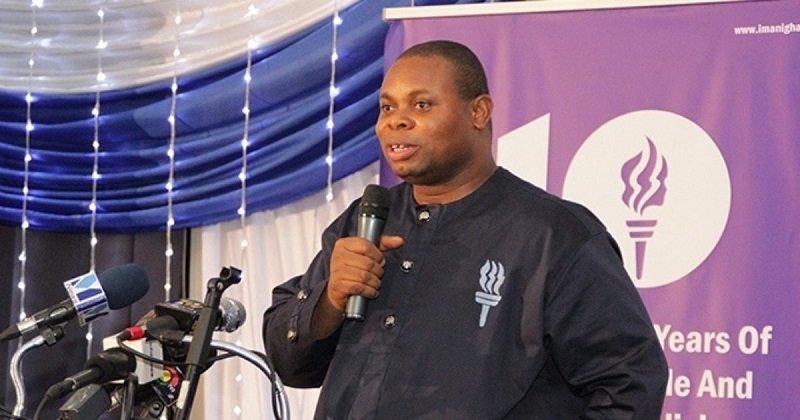IMANI Africa, a leading policy think tank, has thrown its weight behind Electrochem Limited's concession over the Songor Lagoon, which marks a pivotal moment for Ghana's salt industry.
The IMANI's support comes as the country aims to unlock the full potential of its salt resources, potentially adding an extra $1 billion in foreign exchange earnings annually.
In an article posted on its website under the headline "prospects of Ghana's salt industry, a pathway to adding an extra $1billion in exchange earnings," the think-tank outlined the economic benefits of the salt mining project for the country.
Ghana's salt industry, primarily driven by solar evaporation, has been operating well below its potential.
Despite the country producing around 250,000 metric tons of salt annually over the last decade, exports in 2022 amounted to just $4.36 million, a mere 0.022 per cent of Ghana's total export earnings.
This gap between potential and actual output has long been seen as a missed opportunity for the nation's economy.
Electrochem Ltd, a Ghanaian-owned company, recently secured a lease for the Songor Lagoon, one of West Africa's largest natural solar salt basins.
This concession positions Electrochem to significantly increase salt production, with plans to boost output from the current 150,000 metric tons annually to 400,000 metric tons by 2025/6.
The company's focus is expected to shift from domestic supply to targeting the international export market with industry-grade salt, setting new quality standards for the mineral commodity.
The initial revenue projection for 2025 is estimated at $350-400 million, based on the upgraded production capabilities.
However, with continued investment and infrastructure development, Electrochem aims to ramp up production to 1.5 million metric tons annually by 2028.
This expansion could see the Songor area alone generating over $1 billion in annual revenue, a significant boost to Ghana's foreign exchange earnings.
IMANI Africa's endorsement highlights the critical role of Electrochem's project in transforming Ghana's salt industry, urging stakeholders to support the initiative that promises to bring substantial economic benefits to the country and the broader African continent.
With a community-focused master plan and a commitment to maximising local participation, the pathway to realising the billion-dollar dream seems clearer than ever.

